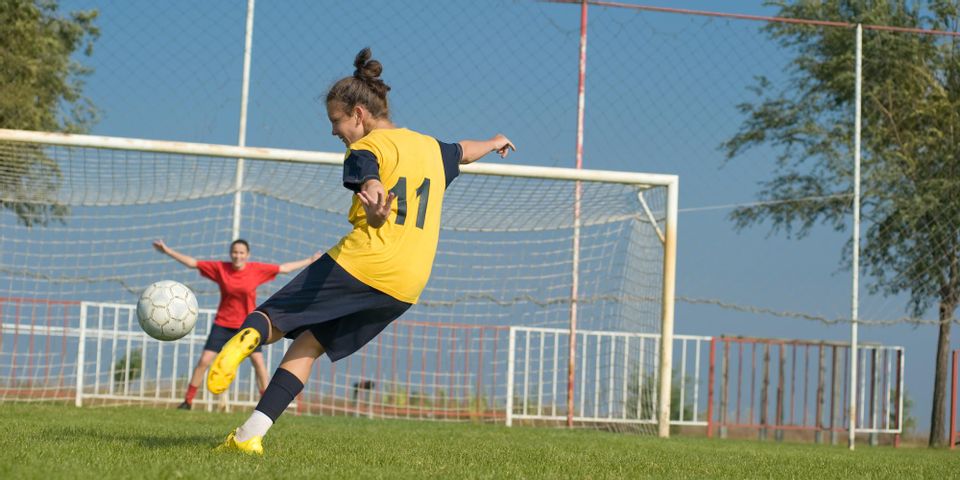
To enroll in a sport, student-athletes are often required to visit a trusted pediatrician for a specialized fitness evaluation. During a sports physical, the doctor reviews an athlete’s general health in a way that relates specifically to physical fitness. In other words, this assessment is designed to ensure your child can safely participate in an athletic activity and identify certain health issues before they begin. Since these exams are slightly different than general wellness check-ups; here is a brief review of what to expect during a sports physical.
5 Essential Steps to a Sports Physical
1. Vital Measurements
 Just as with a standard annual physical, fitness evaluations involve a series of measurements that assess the patient’s vital functions — including blood pressure, height, weight, breathing, and heart rate. These measurements help illustrate the athlete’s growth and highlight potential issues — such as being overweight — that may interfere with activity.
Just as with a standard annual physical, fitness evaluations involve a series of measurements that assess the patient’s vital functions — including blood pressure, height, weight, breathing, and heart rate. These measurements help illustrate the athlete’s growth and highlight potential issues — such as being overweight — that may interfere with activity.
2. Medical History Review
The medical history review is designed to highlight any medical issues that currently exist, existed in the past, or have been diagnosed in relatives. If there are any concerns, the doctor may prescribe treatment to prevent or respond to potential issues — such as asthma or diabetes. If serious injuries have occurred in the past, the pediatrician will evaluate recovery to determine if any unresolved muscle, joint, or bone damage could impact physical performance or safety.
3. Vision Exam
Good vision not only helps athletes perform better, but it is also essential to helping them avoid obstacles that may result in injury. Through a basic eye exam, the pediatrician will determine if there are any vision concerns that require evaluation from an ophthalmologist or optometrist. In some cases, glasses or contacts may be recommended to help the patient maintain clear vision.
4. Physical Fitness Evaluation
During the fitness evaluation, the athlete will perform a few quick exercises — such as running in place — to demonstrate their ability to safely endure physical activity. Bone and joint health will also be assessed to measure flexibility and posture.
5. Lifestyle Assessment
Lifestyle habits and changes may be briefly discussed to identify any potential concerns — including poor nutrition or substance abuse. The doctor might also talk about steps the patient can take to stay healthy in their sport — such as how to stay hydrated, consume enough daily calories, and stretch properly. If the child is older, the pediatrician may also discuss ways that puberty may impact their athletic health.
If you’re the parent of a student-athlete, Tinkleman Pediatrics is a trusted provider of sports physicals in Brockport, NY. Serving children of all ages, this pediatric care center is equipped to complete exams quickly and thoroughly in a calm and friendly fashion. Whatever the state of your child’s health, this pediatrician is known for providing personalized care to manage existing medical issues and prevent others from arising. To learn more about these services, visit this compassionate children’s doctor online. For appointments, call (585) 637-0060.
About the Business
Have a question? Ask the experts!
Send your question

